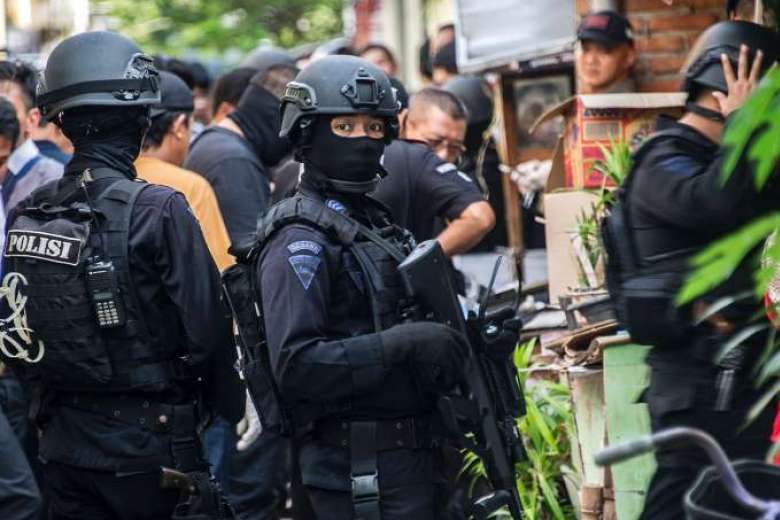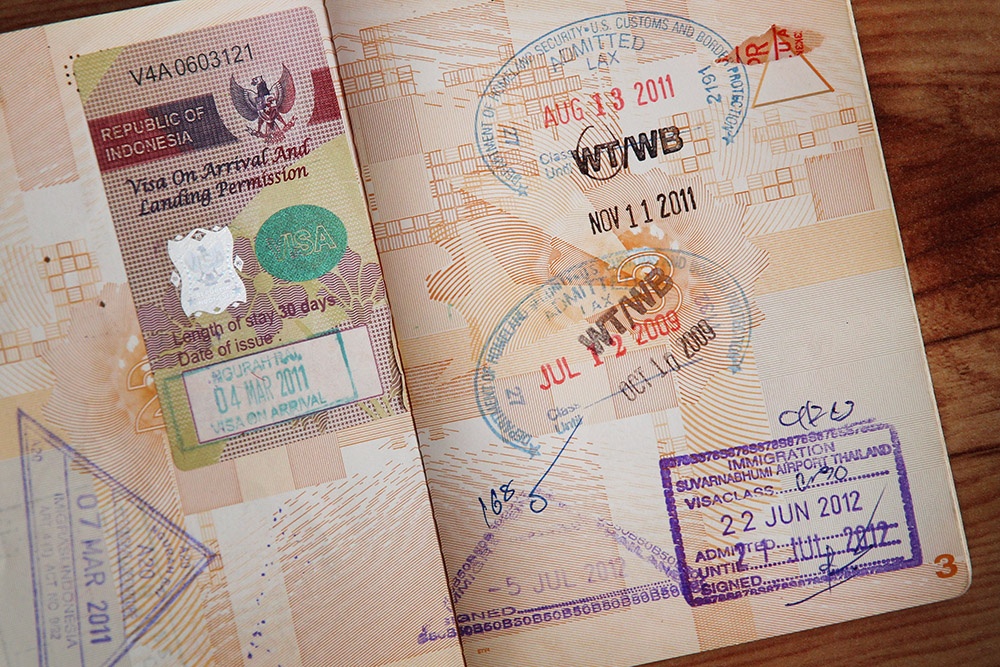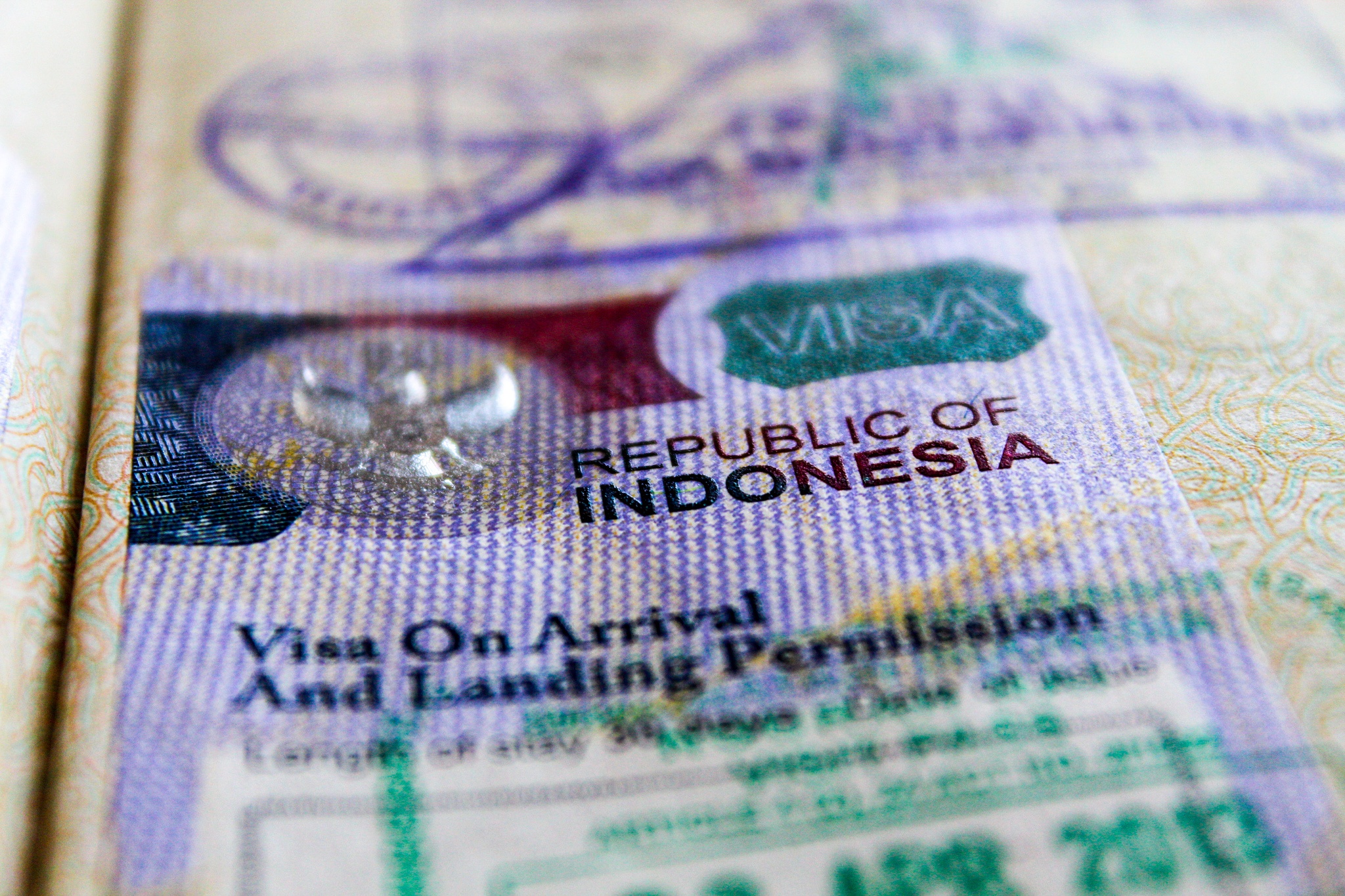Whether checking for documents, reducing the threat of terrorism or countering drug distribution, Indonesian Immigration authorities and the police regularly carry out raids across the region.
Expats living and working in Indonesia should know that most office raids are carried out because Immigration has been tipped off of a violation committed by an immigrant. The whistleblower could be the next-door neighbour, who knows you’re overstaying your visa, an ex-girlfriend or wife who feels she’s been mistreated or a business partner who feels he may have been short-changed.
Most tip offs reach Immigration from employees who disagree with the advantages (higher salary, housing and cars) their fellow expat employees often receive. The list goes on. Ordinarily, someone would be impervious to issues like this, but foreigners in Indonesia are uniquely vulnerable.
With this in mind, here are ten things to remember about Immigration raids in Indonesia.
1. They’ve already got a reason: The first and most important thing to remember about Immigration raids in Indonesia is that when an Immigration officer shows up at your house, office, hotel or wherever, you may be immediately asked for your papers. You can be sure that they already have a tip about a violation you have committed — most likely related to your visa or stay permit. They also usually only come if they know they have a big fish.
2. Warrants: Immigration officials or police officers technically cannot enter your residence without a court warrant. If they are not able to present one, they will need your authorization to enter. Check that the court warrant has the names of the people they are looking for and is signed by a judge.
However, be advised that not cooperating is a guaranteed arrest, resulting in detention, deportation and a fine. So unless you’re prepared, don’t make it a real issue if they don’t carry one. You will need a lawyer to fight correctly. Your stay permit will have also been revoked long before the court date so you can forget about an extension.
3. Cooperate: Cooperate and answer correctly when the Immigration officer asks for your name, the reason for your stay, and whatever business you may have in Indonesia. There’s no need to make up any stories. They have heard it all and the whistleblower gave them enough to build a case on.
4. Show your documents: Be able to show and produce your travel documents, your passport, stay permits — KITAS (temporary residence visa) or KITAP (a permanent residence visa valid for five years). If you are carrying with you photocopies of your immigration documents, make sure to have trusted relatives or friends know where the original documents are kept and how they may be able to secure them for you.
Be advised that according to the Immigration law, you must have your original passport and issued stay permit available on you at any time. Article 71 of the Immigration law no. 6 of 2011 is the basis on which the Immigration officers will justify their actions on this point.
Be aware that you need a valid work permit (IMTA) as well, stating your correct job position. Working as a cook while you are a director gets you in trouble. Working as financial manager while you are appointed as a commercial manager also gets you in trouble.
5. They can take your passport: You may be requested to go to the Immigration office right away or the following day. If they determine that you’ve violated immigration policy, they will take your passport and stay permit and give you an STP, a receipt for the confiscation. A minor misdemeanor, however, will not get you arrested nor detained. You’ll need to go to their office and settle the matter before you can get your documents back.
6. Alert your agent: As soon as the Immigration officer leaves, contact your agent — not your lawyer. Your agent will meet with the Immigration office to discuss the content of your case. Your agent will then discuss the case with you so you can map out a strategy together.
NOTE: As of November 14, 2016, agents are ousted for the moment. You will need a notarial power of attorney to represent you. Lawyers are accepted without further ado.
7. Attitude and honesty matter: During interrogation at the Immigration office, humbly admit your oversight and explain your violation (such as for overstaying or for not working on a visa). You will then have to wait for the decision from Immigration after the interrogation.
Immigration and your agent will discuss and assess the situation before giving you an update. Immigration will then decide to either propose an amicable settlement or bring the case to court. This depends on the severity of your misdemeanor, your attitude and your history, among other factors.
8. You can be deported: You will be given options when Immigration decides on an amicable settlement. You will have to pay a fine plus take either a blue or red deportation. A blue deportation will allow you to come back to Indonesia with the proper visa; a red deportation means you may not come back until after six months. At that point, you can request for the deportation order to be lifted.
9. Crimes won’t be ignored: A major misdemeanor, however, such as carrying falsified documents, leaves no room for amicable settlements. Such cases are almost always used as grounds for detainment and deportation. Your agent can try to plea for you to avoid a court case and imprisonment. Immigration will appeal for a larger fine and jail term, which is a seldom occurrence in regular administrative cases.
Be advised that it is always better to come clean with Immigration if you find out you are (or perhaps your subordinate is) guilty of a major misdemeanor. This way, when you report yourself, your chances for a settlement might still be there.
10. Have a plan: Always be ready with a contingency plan for your family. If worse comes to worst and you get detained, you and your family should be ready with a fail-safe provision. Make arrangements in advance with a relative or a friend who will take care of your family and children in case you are detained. Designate a trusted individual to make decisions for you in your absence. Have the contact numbers of these people handy, and ensure that everyone involved is fully aware of these plans.
See: Immigration Targets Expats Again
While we are not discounting the fact that a lawyer can actually assist you in the event of an Immigration raid, in most cases when evidence is explicitly presented, the lawyer with minimal experience may cause unnecessary delay in your detention if they approach the wrong Immigration officer.
Of course, if you’re innocent and don’t mind following the Indonesian law system to the T, you should immediately contact your lawyer. But if you’re humble enough to own up to the violation that you have committed, it will be wiser to just call your agent and ask to pursue a settlement.
(Disclosure: This information in this article was fact checked by The Permit House, a formality agent for the immigration process in Indonesia. It is not sponsored content.)
Image Credits: Stingynomads, Straitstimes, Teawashere







